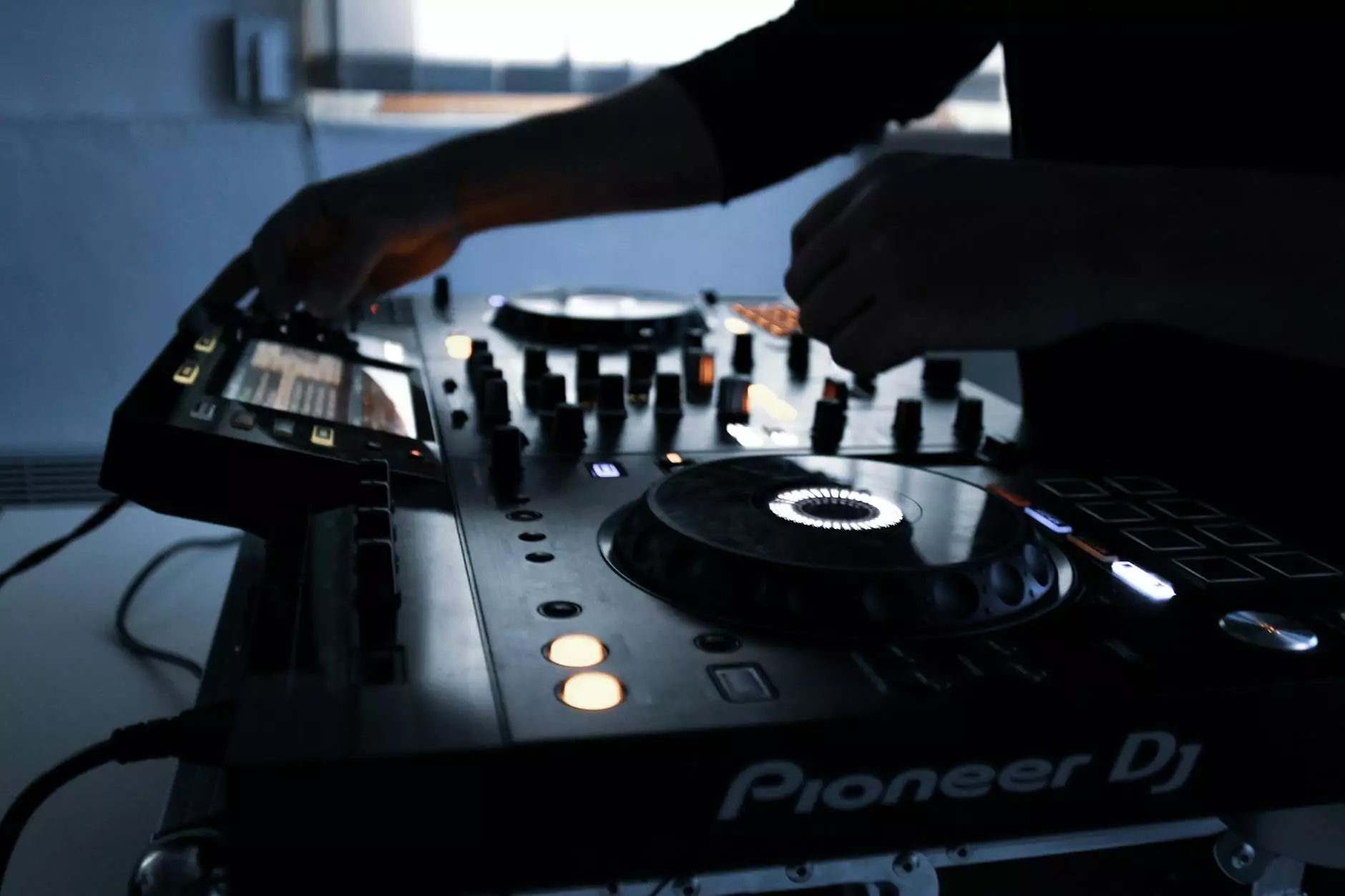The Vibrant Business Landscape of South African House Music

The world of South African house music has become a remarkable force in the global music scene. It's a genre that symbolizes cultural richness and innovation, affecting not just the music industry but also local businesses, creative arts, and live entertainment venues. With the rise of digital platforms like fakaza.site, artists and entrepreneurs are finding new avenues for growth and exposure.
The Evolution of South African House Music
Emerging in the late 1990s, South African house music combines elements of traditional African sounds with contemporary electronic music. This genre has evolved to include various sub-genres, making it a dynamic and ever-changing form of expression.
One significant aspect of this evolution is the way artists have embraced technology and digital distribution, utilizing platforms like fakaza.site to reach wider audiences. These platforms allow musicians to share their work, promote events, and connect directly with fans, which is crucial in a digitally-driven world.
Key Players in the South African House Music Scene
Several key players in the South African house music business contribute to its richness and diversity:
- Artists: Talented musicians such as Black Coffee, Casmalia, and DJ Maphorisa have made significant contributions, bringing unique sounds and styles to the forefront.
- Producers: Innovative producers are essential for the creation of chart-topping hits, often working behind the scenes to shape the sound of house music.
- Labels: Record labels like Soul Candi and Kalawa Jazmee provide the support and infrastructure needed for artists to thrive.
- Promoters: Event promoters and organizers play a crucial role in bringing music to the masses, hosting festivals and events that highlight local talent.
The Role of Digital Platforms in Promoting Artists
In today's digital age, the music industry has transformed dramatically. Platforms like fakaza.site are pivotal for musicians aiming to establish their presence. Here are some of the ways these platforms aid artists:
- Distribution: Digital platforms make it easier for artists to release their music without the need for a traditional record label. This freedom fosters a DIY spirit.
- Promotion: Artists can use social media and digital marketing techniques to reach a global audience, increasing their visibility and potential fan base.
- Monetization: Through downloads, streaming, and licensing, artists can generate revenue without reliance on conventional methods.
The Impact of Music Venues
Music venues play an integral part in the South African house music scene. They are not just places to listen to music; they are spaces for community building and cultural exchange. Notable venues include:
- The Zone 6 Venue: Located in Soweto, this energetic venue hosts numerous events showcasing local house music artists.
- The Good Luck Club: Situated in Cape Town, this club is famous for its eclectic mix of local and international DJs.
- Taboo Nightclub: This vibrant Johannesburg nightclub is known for its extravagant parties, featuring some of the best talent in house music.
Cultural Significance of House Music in South Africa
House music is more than an entertainment genre in South Africa; it's a critical aspect of the cultural identity. It serves as a unifying force among diverse communities, often reflecting the social issues and triumphs of the people. The genre has become synonymous with celebrations, nightlife, and social gatherings.
Moreover, many artists use their platforms to advocate for social change, leveraging their popularity to address pressing issues such as poverty and inequality. This aspect deepens the connection between the music and its listeners, making it a powerful tool for community engagement.
Challenges in the South African House Music Industry
While there are significant opportunities for growth, the South African house music industry also faces numerous challenges:
- Market Saturation: With the surge of new artists, standing out in a crowded market can be difficult.
- Financial Constraints: Many emerging artists struggle to secure funding for production, marketing, and touring.
- Intellectual Property Issues: Protecting original work remains a challenge for artists in an era where music is easily shared online.
Future Trends in South African House Music
As the global music landscape continues to evolve, the South African house music scene is poised for exciting developments. Some future trends may include:
- Collaborations: Increased collaboration with international artists could broaden the appeal of South African house music.
- Fusion Genres: The blending of house music with other genres may lead to innovative sounds and styles, attracting diverse audiences.
- Enhanced Digital Presence: As technology continues to advance, artists will increasingly rely on digital platforms like fakaza.site for promotion and sales.
Conclusion
In conclusion, the business of South African house music is a vibrant and evolving field with immense potential for growth and cultural impact. The synergy between artists, digital platforms, and music venues creates a robust ecosystem that supports and promotes talent. As this genre continues to gain recognition on the global stage, it will undoubtedly remain a vital component of South Africa's rich cultural tapestry.
By embracing innovation, addressing challenges head-on, and celebrating its cultural significance, the South African house music scene will continue to flourish, inspiring future generations of musicians and fans alike.
south african house fakaza.site


